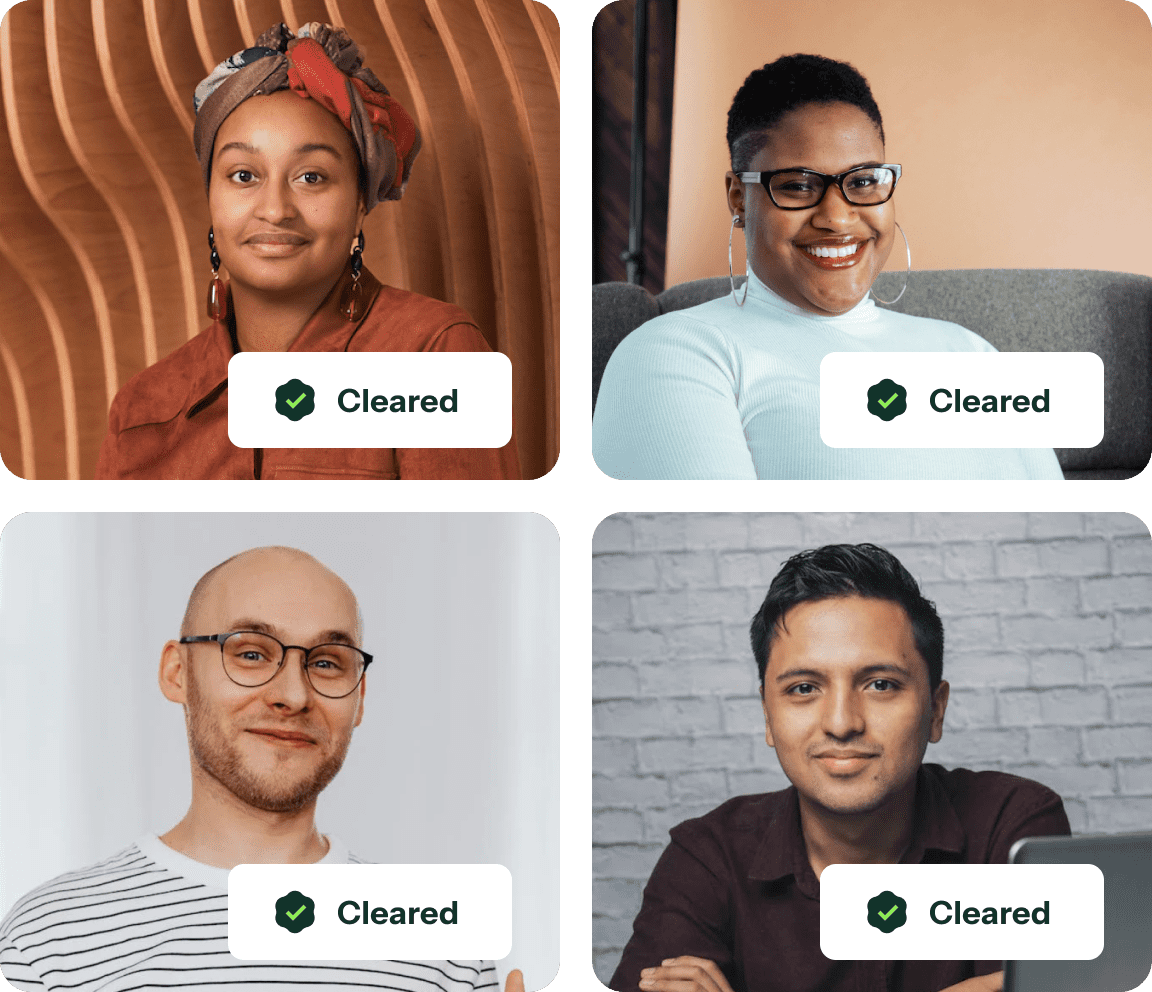Thinking of becoming an Uber or Bolt driver in South Africa?
Whether you’re looking for a flexible side hustle or a full-time income, e-hailing is a powerful way to earn money and be your own boss. But before you hit the road, there’s one important step you can’t skip: getting your Criminal Record Check (CRC).
CRCs aren’t just a formality – they are a legal requirement and a key part of building trust with the platforms and your passengers. Without a valid CRC, you won’t be able to drive for either Uber or Bolt. The good news? With HURU, you can get your CRC done quickly, affordably, and hassle-free – so you can start earning sooner!
In this blog, we’ll explain why CRCs matter, what South African law says, how Uber and Bolt use them, and most importantly, how HURU can help you get yours – fast.
Why Are Criminal Record Checks Necessary for E-Hailing Drivers?
CRCs serve multiple essential purposes in the e-hailing ecosystem:
- Passenger Safety: Ensuring that drivers have no serious criminal history protects passengers and enhances their confidence in the service.
- Platform Integrity: Uber and Bolt maintain their reputations by vetting drivers thoroughly, ensuring only qualified individuals represent their brands.
- Regulatory Compliance: South African laws mandate CRCs for public transport operators, including e-hailing drivers, to uphold safety standards.
Legal Framework: What Does South African Law Say?
The National Land Transport Amendment Act (NLTA), effective from May 2025, formally integrates e-hailing services into the public transport framework.
Key stipulations include:
- Mandatory Operating Licenses: E-hailing drivers must obtain specific licenses, aligning them with traditional public transport operators.
- Criminal Background Checks: As part of the licensing process, drivers are required to undergo CRCs to ensure they meet safety standards.
- Penalties for Non-Compliance: Failure to adhere to these regulations can result in fines up to R100,000 and suspension from operating.
Why Do Uber and Bolt Require CRCs?
Both Uber and Bolt prioritise safety and compliance:
- Uber: Mandates annual safety screenings, including CRCs, to ensure ongoing compliance and safety.
- Bolt: Requires a clear HURU CRC, not older than 30 days, as a prerequisite for driver registration.
These measures ensure that drivers meet both company standards and legal requirements.
How to Obtain a CRC Through HURU
HURU offers a streamlined process for obtaining CRCs:
- Visit a Participating Location: Go to a PostNet or Jetline store with your original ID (RSA ID Card/Book, RSA Driver’s License, or Foreign Passport). Find your nearest store here
- Capture Information: The store will capture your information, photo, and fingerprints.
- Payment: Make the necessary payment in-store. Our CRCs are available in 3 price points to suit your budget and timeframe – Find them here
- Receive Results: Your CRC will be emailed to you within the selected timeframe!
HURU is a trusted provider for both Uber and Bolt, ensuring your CRC meets platform requirements.
Application Process for Uber and Bolt Drivers
- Sign Up: Register online through the Uber platform.
- Complete Safety Screening: Undergo a CRC via HURU at a participating location.
- Upload Documents: Submit your CRC, PrDP, and other required documents.
- Vehicle Inspection: Ensure your vehicle passes the necessary inspections.
- Start Driving: Once approved, you can begin accepting ride requests.
- Register: Sign up through the Bolt platform.
- Obtain CRC: Acquire a HURU CRC, ensuring it’s not older than 30 days.
- Submit Documents: Provide your CRC, PrDP, and other necessary documents.
- Vehicle Inspection: Have your vehicle inspected and approved.
- Begin Driving: After approval, start accepting ride requests.


